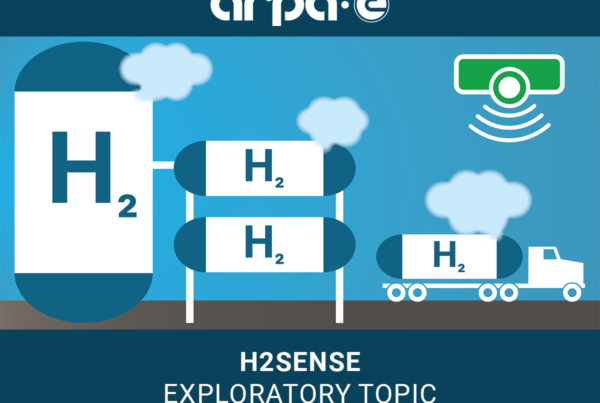
Most fuel cells run on hydrogen. Although hydrogen is the most abundant element in the universe, it is never found on its own in nature. Hydrolyzing a water molecule to produce hydrogen and oxygen requires energy input, and most of that energy currently comes from methane. Other fuel cells need biofuel, and burning it releases greenhouse gases. Is there any place for fuel cells in a green future?
Biofuel-Based Fuel Cells
Biofuel, like methanol and ethanol, used to be the “next big thing” in sustainable energy. The problem is that burning it is still bad for the environment.
Growing extra corn does sequester some carbon, but it also requires using more fertilizers, pesticides, tractor fuel and truck fuel to ship the final product to a factory. That factory runs on oil and gas, and it’s back to square one. Therefore, biofuel-based fuel cells may serve as a stopgap while weaning off fossil fuels, but this is a short-term solution.
Hydrogen-Based Fuel Cells
Fuel cells that run on green hydrogen have some benefits. Recharging a fuel cell vehicle takes just a few minutes, much like filling a gas tank. Hydrogen vehicles get a much better range than their electric counterparts.
Still, lithium-ion batteries have become the most popular source of green energy for passenger cars. Drivers can recharge their vehicles at home overnight, and electricity is much cheaper than hydrogen. Plus, there are more than 564,000 public fast EV chargers worldwide. So, why are fuel cells still important in reaching net zero?
Lithium-ion batteries are great for cars, buses and municipal vehicles, but not ships or airplanes. Aviation and shipping contribute greatly to climate change. The Intergovernmental Panel on Climate Change (IPCC) has found that the only way to limit the consequences of climate change is to reduce carbon emissions by 45% by 2030. However, a battery — at least using current technology — is far too heavy to power a commercial airliner or long-haul cargo ship.
Hydrogen produced using wind or solar energy is called green hydrogen, and it’s the only truly environmentally friendly form of this fuel. Wind and solar facilities generate immense amounts of power that manufacturers can divert to making green hydrogen. In California, two green batteries — with a combined total of 400 megawatts of power — can run 300,000 homes for four hours.
Hydrogen packs so much energy into a small, lightweight fuel cell, making it the best solution to carbon-free flight and shipping. Future planes and ocean liners might emit nothing more than water vapor.
However, the world isn’t quite there yet. As of 2023, the cheapest, most efficient way to make hydrogen fuel is by splitting apart water molecules via methane-based energy. Obtaining the methane — usually via fracking or drilling — is ecologically destructive, and burning it releases carbon dioxide.
Making green hydrogen is still prohibitively expensive. The infrastructure for widespread manufacturing isn’t in place, and the energy industry has no incentive to make it possible when oil, gas, wind and solar power are already so successful. Therefore, most fuel cells run on so-called gray or blue hydrogen, which involves storing the carbon dioxide byproduct underground.
Fuel Cells Are Part of the Solution
Make no mistake — wind and solar power lead the pack when it comes to reaching net zero, and they will probably still play the most critical role in green energy in the future. That’s because they harness the power of freely available natural resources.
Hydrogen and biofuels may come from abundant sources, but the extra steps required to process them make fuel cells a much smaller part of reaching net zero. Ultimately, the best place for fuel cells is in the shipping and aviation industries, where green hydrogen shines as an outstanding sustainable, lightweight energy source.
Read the most up to date Fuel Cell and Hydrogen Industry news at FuelCellsWorks


Jane Marsh, Contributor
The views and opinions expressed herein are those of the authors and do not necessarily reflect the official policy or position of Fuel Cells Works, its directors, partners, staff, contributors, or suppliers. Any content provided by our contributors or authors are of their own opinion and are not intended to malign any religion, ethnic group, club, organization, company, individual or anyone or anything.




